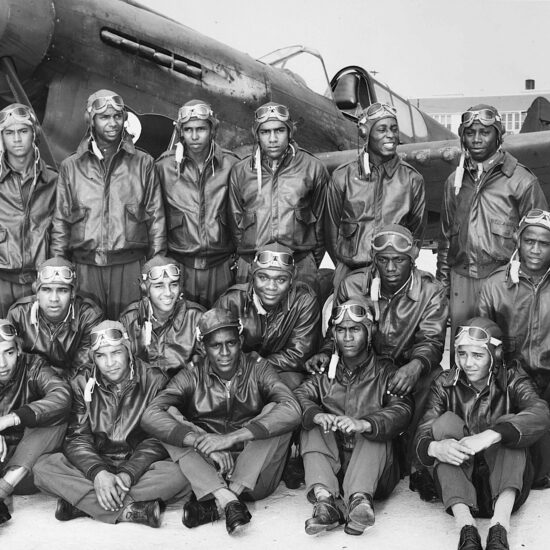
Outside the Frame
Without images of African Americans, depictions of important military moments are incomplete.

Without images of African Americans, depictions of important military moments are incomplete.
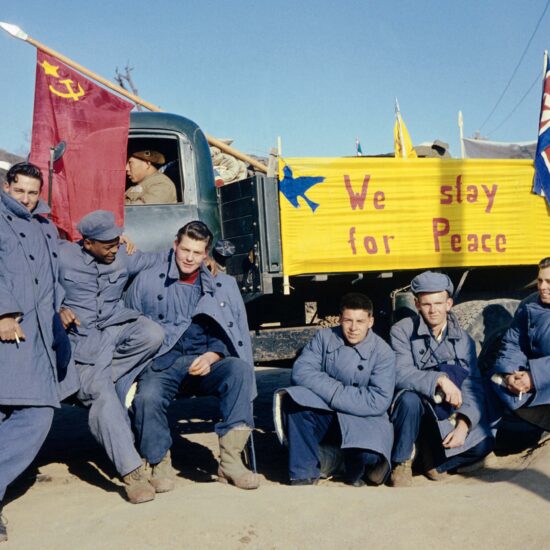
Some Black soldiers chose not to go home after the war, remaining in North Korea and China—behind the “bamboo curtain”—to escape racism in the United States.
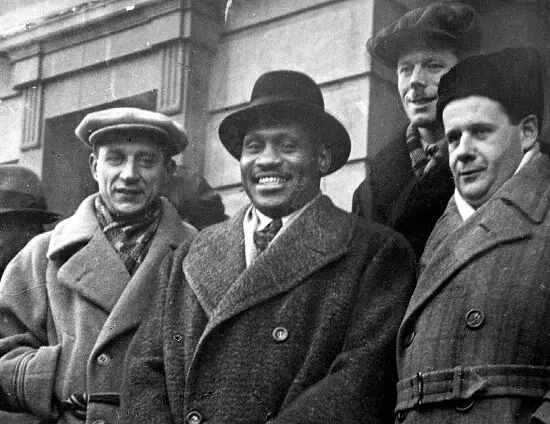
Between the 1930s and 1960s, the famous singer and actor made many visits to the world’s first socialist country, which made a lasting impression on his art and politics.
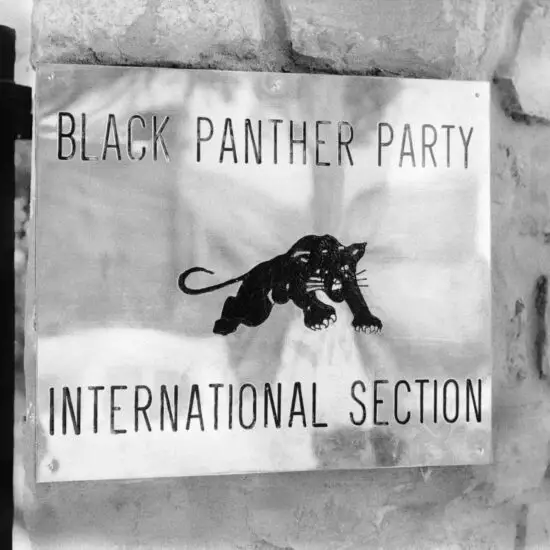
The Black Panther Party—especially their International Section based in Algiers—embraced the Palestinian cause as part and parcel of their own struggle.
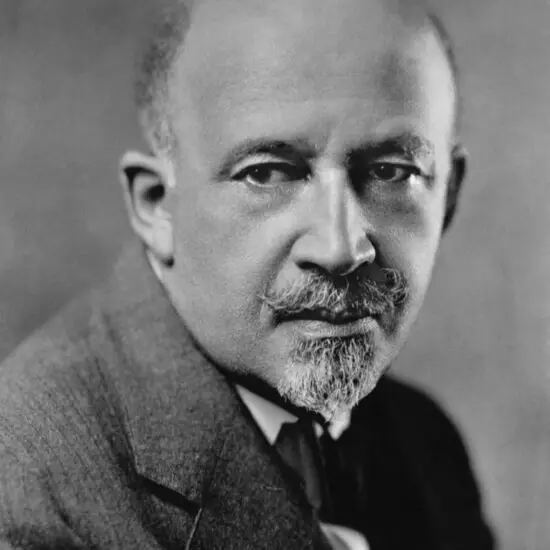
The life and work of W. E. B. Du Bois, writer, educator, and chronicler of Black life in America.
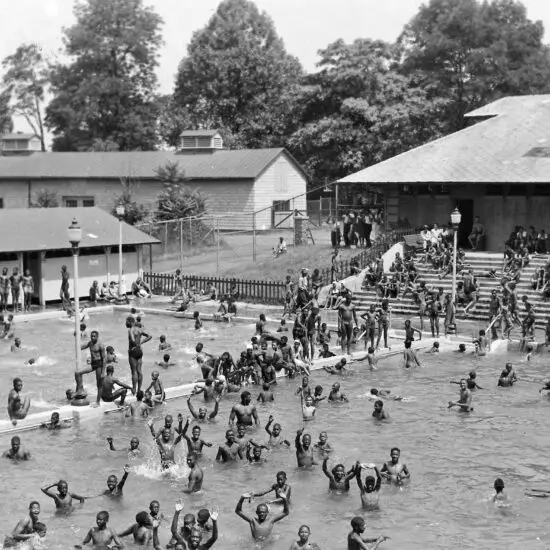
With integration a legal right, swimming pools became a new battleground in the segregation fight.
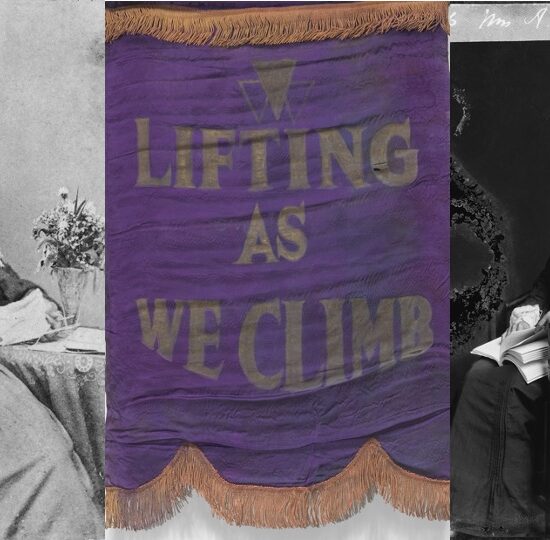
Sojourner Truth, Anna Julia Cooper, the National Association of Colored Women, and the foundations of Black women’s struggles today.
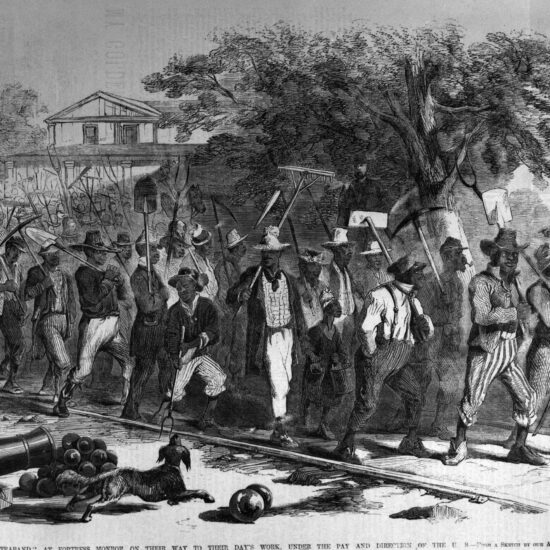
Enslaved refugees sought freedom in Union contraband camps during the American Civil War.
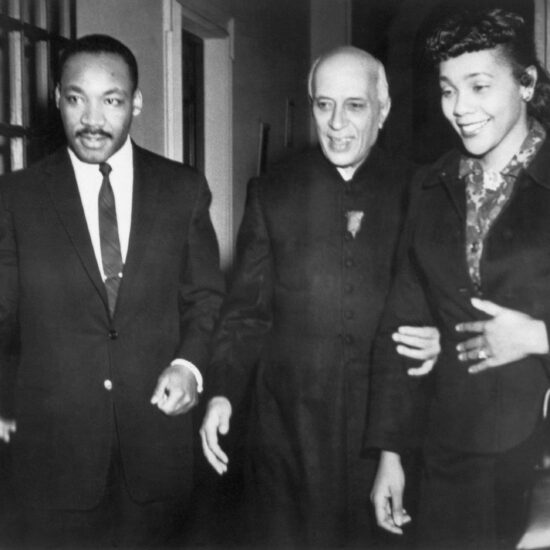
Dr. Martin Luther King Jr. opposed racism, imperialism, and capitalist inequity at home and around the world.
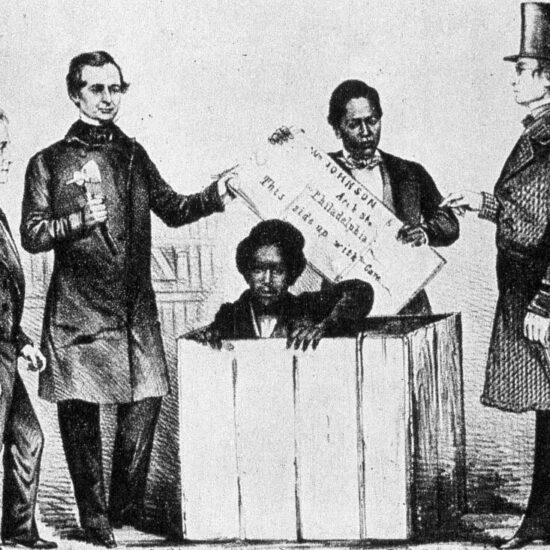
A real-life drama performed before an audience of four.
© 2021–2024 This project is a collaboration of Getty Images and Origins: Current Events in Historical Perspective.
230 Annie and John Glenn Avenue, Columbus, OH 43210